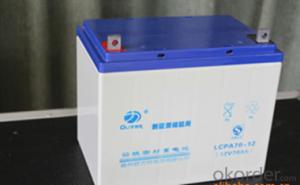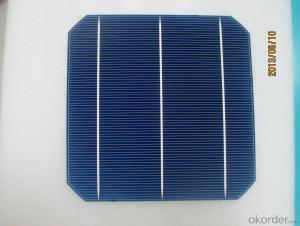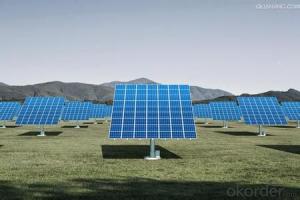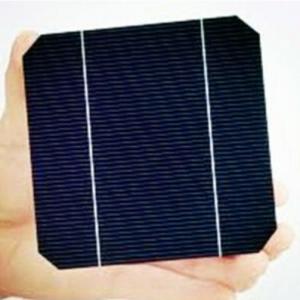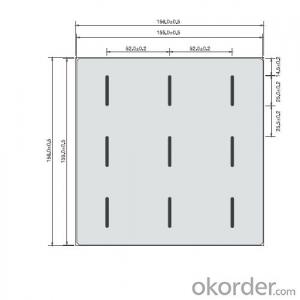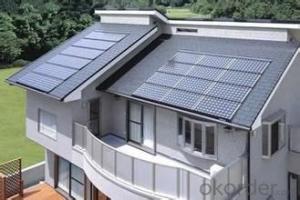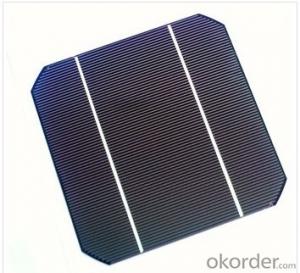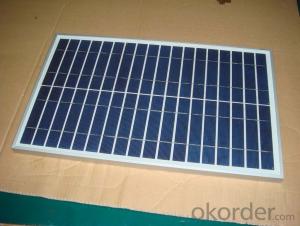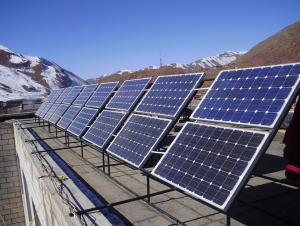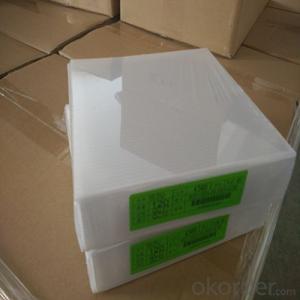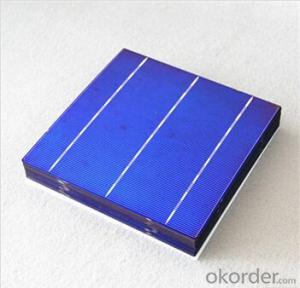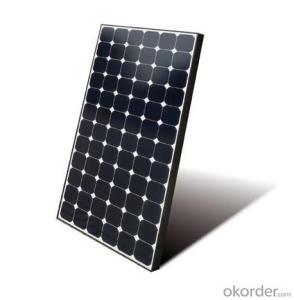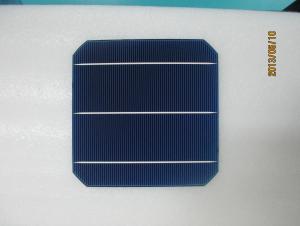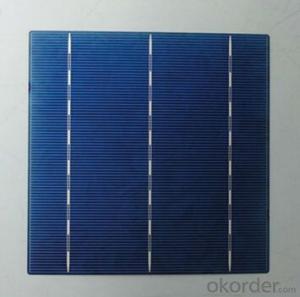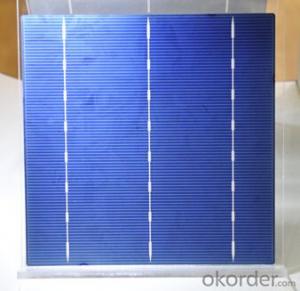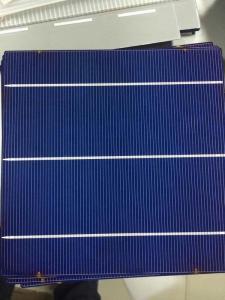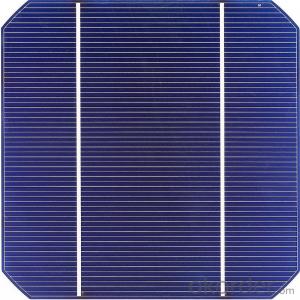All Categories
- - Steel Wire Rod
- - Steel Coils
- - Steel Profiles
- - Steel Pipes
- - Stainless Steel
- - Tinplate
- - Special Steel
- - Steel Sheets
- - Steel Rebars
- - Steel Strips
- - Hot Rolled Steel
- - Cold Rolled Steel
- - Pre-painted Steel
- - Seamless Steel Pipe
- - Welded Steel Pipe
- - Hollow Steel Tubes
- - Galvanized Pipe
- - Stainless Steel Coil
- - Stainless Steel Sheet
- - Stainless Steel Plate
- - Stainless Steel Strips
- - Electrolytic Tinplate Coil
- - Electrolytic Tinplate Sheet
- - Stainless Steel Rebars
- - Solar Panels
- - Solar Water Heater
- - Solar Related Products
- - Solar Inverter
- - Solar Cells
- - Solar Light
- - Solar Energy Systems
- - Solar Controllers
- - Solar Mounting System
- - Solar Pump
- - Solar Chargers
- - Fiberglass Chopped Strand
- - Fiberglass Mesh Cloth
- - Composite Pipes
- - FRP Pultrusion Profiles
- - Fiberglass Mat Tissue
- - Fiberglass Fabrics
- - Fiberglass Mesh
- - Composite Tank
- - Fiberglass Mesh tape
- - Polymer
- - FRP Roofing Panel
- - Fiberglass Roving
- - Monolithic Refractories
- - Ceramic Fiber Products
- - Refractory Bricks
- - Raw Materials For Refractory
- - Suspended Platform
- - Cranes
- - Concrete Machinery
- - Earthmoving Machinery
- - Building Hoist
- - Road Building Machinery
- - Plastic Pipe Fittings
- - Plastic Tubes
- - Plastic Sheets
- - Agricultural Plastic Products
- - Plastic Nets
 All Categories
All Categories
Q & A
How do solar cells reduce energy bills?
Solar cells reduce energy bills by converting sunlight into electricity. This means that instead of relying solely on traditional energy sources, such as fossil fuels, homeowners and businesses can generate their own clean and renewable energy. By using solar power to meet their electricity needs, they can significantly reduce their reliance on the grid, resulting in lower energy bills. Additionally, surplus electricity generated by solar cells can be fed back into the grid, further offsetting energy costs through programs like net metering.
Can solar cells be used to power medical devices?
Yes, solar cells can be used to power medical devices. Solar cells convert sunlight into electricity, which can be used to power various medical devices such as portable monitors, prosthetics, hearing aids, and even some implantable devices. This renewable energy source offers a sustainable and reliable solution for powering medical devices in remote or off-grid areas.
How are solar cells used in educational settings?
Solar cells are used in educational settings to teach students about renewable energy sources and the principles behind solar power generation. They provide hands-on learning opportunities, allowing students to experiment with solar panels, understand the process of converting sunlight into electricity, and explore the potential benefits of solar energy. By incorporating solar cells into educational settings, students can gain a deeper understanding of sustainable energy systems and the importance of reducing our reliance on fossil fuels.
What are the challenges in integrating solar cells into existing infrastructure?
One major challenge in integrating solar cells into existing infrastructure is the compatibility issue. Many existing buildings and infrastructure were not designed with the intention of incorporating solar technology, making it difficult to seamlessly integrate solar panels or systems. Additionally, the cost of retrofitting existing structures can be high, especially when it comes to adapting the electrical systems to accommodate solar power generation. Another challenge is the limited availability of space, especially in urban areas, where finding suitable locations for solar panels can be challenging. Lastly, the intermittent nature of solar power generation poses a challenge for integrating it into existing electrical grids, as storage and distribution systems need to be upgraded to handle the fluctuations in power supply.
Wholesale Solar Cells from supplier in Nicaragua
We are a Solar Cells supplier serving the Nicaragua, mainly engaged in the sale, quotation, and technical support services of various Solar Cells products in the Nicaragua region. We are a subsidiary platform of the Fortune Global 500 company CNBM, able to provide you with one-stop Solar Cells procurement services in the Nicaragua. Not only do we have a wide range of Solar Cells products, but after years of market development in the Nicaragua, we can also provide valuable experience for your projects.
